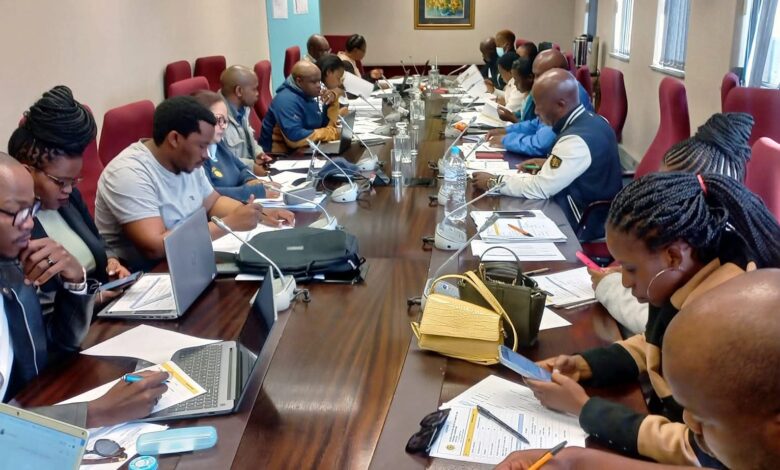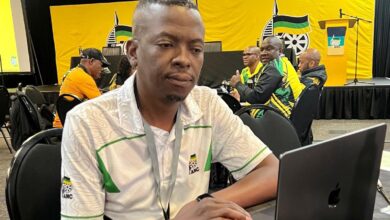‘SAPS Is Betraying the Future’, The Collapse of Youth Crime Prevention.
By Lebohang Matlabe; writes in his personal capacity, he's a member of NYCPC, social justice activist and business consultant.

South Africa is trapped in a cycle of violence. Almost daily, stories of murders, drugs, gangsterism, and gender-based violence dominate the headlines. At the centre of this storm are young people, the very generation meant to inherit and build the country’s future. Instead of protecting and empowering them, the South African Police Service (SAPS) has all but abandoned one of the most important instruments for sustainable safety: the National Youth Crime Prevention Committee (NYCPC).
The inaugural National Police Summit acknowledged what communities have long known: youth are not just passive victims or potential perpetrators of crime, they are key agents of change. That recognition should have ushered in a new era of youth-centred crime prevention. Instead, what we have seen is deliberate neglect.
The NYCPC was envisioned as a national mechanism to place young people at the centre of crime prevention. Its mission was clear: mobilise communities, empower youth, and address the root causes of crime through social partnerships. Yet today it exists in name only. There is no budget, no proper structure, and no consistent national coordination. Local youth crime prevention desks survive on the goodwill of volunteers, while SAPS leadership offers little more than empty rhetoric.
I write this not as an outsider but as someone who has lived inside the process. I was elected, among nine other young people, to serve on the National Youth Crime Prevention Committee. I have sat in the meetings. I have engaged the management and leadership of SAPS on how to make this instrument effective. I have led and participated in programmes on the ground. And yet, despite all of this, I have lost hope. What I witnessed was not just inefficiency, it was institutional sabotage.
By underfunding and sidelining the NYCPC, SAPS ensures youth crime prevention remains ornamental, useful for photo opportunities and awareness marches, but never powerful enough to hold the police accountable or shift crime prevention towards communities.
Social Crime Prevention Is Not a Luxury. Every serious crime strategy globally acknowledges one truth: policing cannot be reactive alone. Social Crime Prevention and Partnership Policing are essential for addressing the root causes of crime. South Africa has these approaches written into policy, but in practice SAPS has made them the stepchildren of policing.
Officers tasked with social crime prevention are chronically under-resourced. Their work is dismissed as “soft policing” compared to visible policing and detective work. Youth engagement is treated as a box-ticking exercise, not a pillar of national safety.
This neglect comes at a catastrophic cost. Gangsterism, drugs, school violence, and gender-based violence thrive where prevention structures are weak. Every broken life is a reminder of the price communities are paying for SAPS’ indifference.
The National Development Plan is unequivocal: if South Africa is to build a safer society, young people must be central to crime prevention. SAPS’ deliberate sidelining of the NYCPC is therefore not just a policy failure, it is a betrayal of national commitments and a direct attack on the country’s future.
The time for polite appeals is over. Parliament must demand answers on why the NYCPC has been left to wither. Treasury must ring-fence funds for youth crime prevention. Civil society, schools, and faith-based organisations must step into the vacuum left by SAPS’ failure. And most importantly, young people themselves must refuse to be reduced to “marchers for awareness campaigns.” They must insist on their rightful place as decision-makers in the fight for safer communities.
The collapse of the National Youth Crime Prevention Committee is not an accident. It is a choice by SAPS to sabotage one of the few instruments capable of breaking South Africa’s cycle of crime. I have seen this sabotage up close. And I can no longer remain silent.
History will not forgive a police service that chose indifference over action. And South Africa’s youth should not either.



